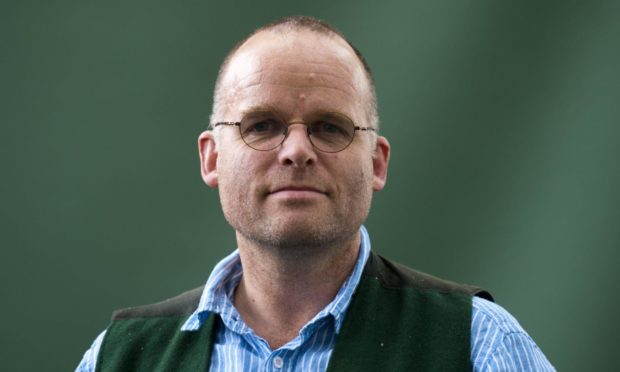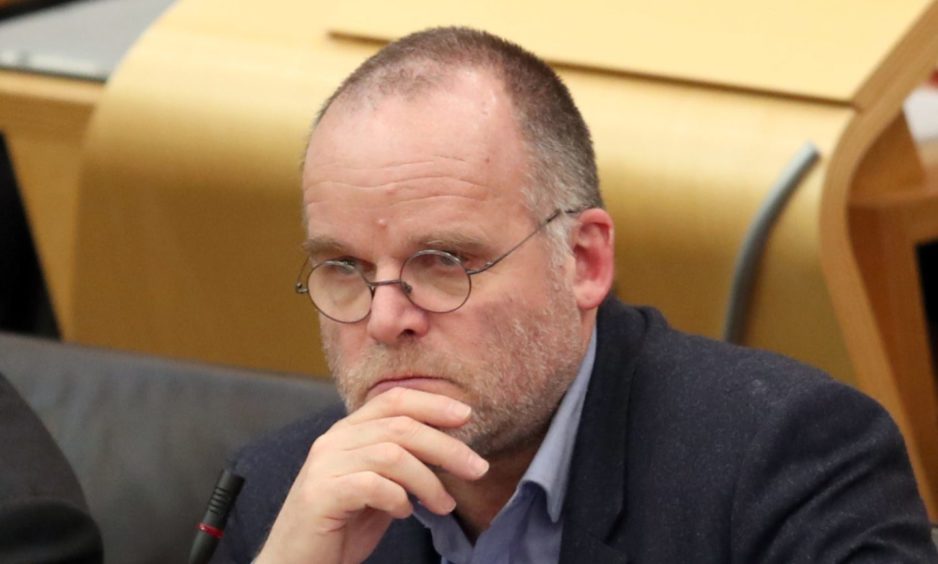Votes going to parties on the regional lists are predicted to be crucial in the election next week.
It is arithmetically possible that the SNP could win an outright majority on constituencies alone. But they would need to take 65 of the 73, which would be a remarkable electoral feat. The distribution of the 56 regional list seats, therefore, looks set to shape Scotland’s immediate future.
There is no shortage of choice in the Highlands and Islands. Some 15 parties have put up list candidates, along with two independents.
There are some new kids on the block. Alex Salmond’s vehicle for an independence supermajority, the serially mispronounced (by non-Gaels) Alba Party, for one. George Galloway’s All for Unity, is another.
There is the Abolish the Scottish Parliament Party, whose candidates presumably are seeking a very short parliamentary career. Restore Scotland wants independence from the UK and EU. The Freedom Alliance, meanwhile, opposes lockdowns, rejecting “all forms of governmental restrictions and curtailments on free people”, apart from criminals.
It is surely democratically healthy that they want to put their ideas, however possibly eccentric, before the electorate. Voters in the Highlands and Islands have been used to being spoilt for choice on their regional list. Indeed at the first Holyrood election in 1999 they were offered a party all of their own.
Fringe parties are unlikely to cut through
The Highlands and Islands Alliance or Cairdeas (meaning friendship and goodwill) was launched by people who had been involved in community campaigning across the region. They came up with some original ideas: MSPs job sharing; a Highland bank; a community owned airline; an assembly of all Highlands and Islands MPs/MSPs/MEPs; councils using planning powers to encourage supermarkets to stock local produce. But voters were not persuaded.
It is unlikely any of the fringe parties will cut through 22 years later. But clearly there is interest in how the Greens and Alba will fare as pro-independence alternatives to the SNP.
The Greens have had two MSPs elected from the Highland list. The first was Eleanor Scott from 2003 to 2007, and John Finnie at the last election. A respected figure, Finnie had first been elected as an SNP list MSP in 2011. But the following year he left the party over its decision to support NATO membership for an independent Scotland. He is retiring.
The Greens must win support during a climate change emergency. But what of those who supported independence and voted Green because they feared a second SNP vote would be wasted? Will they now turn to Alba?
Wightman is an impressive parliamentarian
There is another important factor – the independent candidate Andy Wightman. He left the Green Party in December while a list MSP for Lothian. This was over the party’s line on transgender rights. The episode obviously saddened his erstwhile comrades and the trans community.
But he has been one of the most impressive parliamentarians. Most recently his performance on the committee investigating the Scottish Government’s handling of harassment complaints against Alex Salmond, won praise. His measured but forensic questioning was free from the blatant point scoring of others.
There will be few tears shed among Scotland’s large landowners if Andy Wightman fails to be returned to Holyrood. But it would be a much poorer place without him
Wightman successfully led a legal challenge in the European Court of Justice, which ruled in 2018 that Britain could stop the Brexit process without approval of other EU member states. It could have been an escape route from Brexit parliamentary chaos, but Theresa May dismissed it.
In Holyrood he exposed how the dramatic increase in short-term and holiday lets was leaving city tenements with barely a permanent resident, and islands like Skye with a housing crisis. Ministers took notice. He successfully introduced a bill to incorporate the European Charter of Local Self-Government with the aim of strengthening local democracy. The UK Government is to challenge it in the Supreme Court along with another bill seeking to incorporate the UN Convention on the Rights of the Child.
Nobody has held Scotland’s landowners to account more
To those committed to the cause of land reform, Wightman has been a huge figure over three decades. It is 25 years since his seminal work, Who Owns Scotland, was published, which he subsequently updated online. It is 11 years since The Poor Had No Lawyers: Who Owns Scotland and How They Got it appeared, charting how land was seized by the powerful throughout history. It has been described as an “utterly magnificent” social history.
Nobody has done more to make those who own vast tracts of Scotland publicly accountable, or to expose how rights to common land and assets were lost to local communities. There will be few tears shed among Scotland’s large landowners if Andy Wightman fails to be returned to Holyrood. But it would be a much poorer place without him.
David Ross is a veteran Highland journalist and author of an acclaimed book about his three decades of reporting on the region


